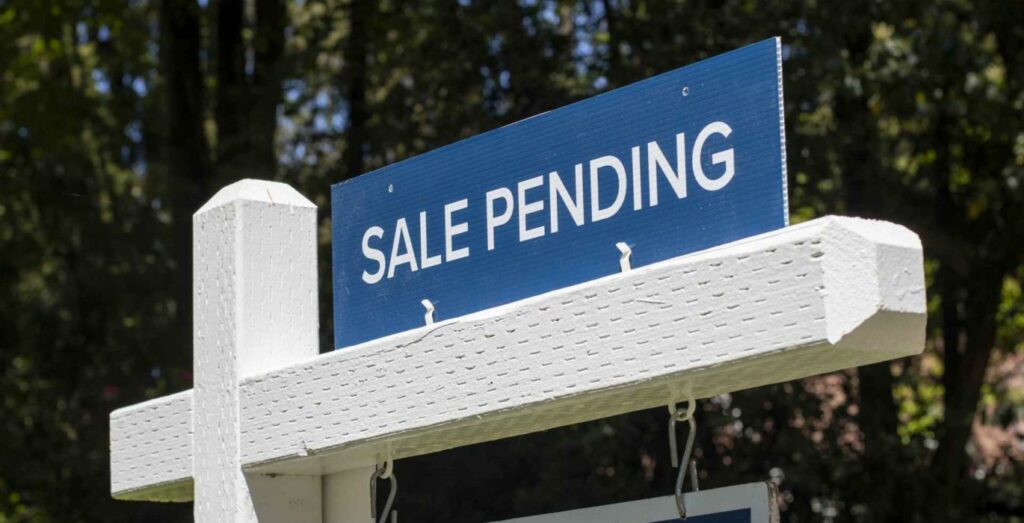By Sean Bryant for GOBankingRates
June 02, 2024 — 10:00 am EDT
Investing in real estate can be a lucrative venture, but it requires careful consideration and planning. Whether you’re looking to purchase a single-family rental, a duplex for house hacking, or a commercial property, here are five crucial factors to keep in mind to ensure a successful investment.
1. Location of the Property
The adage “location, location, location” holds true in real estate. Properties situated near shops, restaurants, amenities, green spaces, scenic views, and good school districts generally appreciate in value. It’s essential to consider both the current and future potential of a location. Investigate mid- and long-term development plans in the area, as these can significantly impact property values.
Ryan Barone, founder and CEO of RentRedi, advises investors to understand their target demographics and the amenities that would appeal to them. “Families with young children will likely value good schools and nearby parks and sports facilities, whereas retirees might enjoy a more serene setting on or close to a golf course.”
2. Valuation of the Property
Knowing the property’s valuation is critical. This not only influences the financing process but also impacts insurance costs and investment analysis. The most common valuation method is the sales comparison approach, which assesses the property’s value based on recent comparable sales in the area.
3. Overall Real Estate Market
The real estate market can be highly volatile, and understanding its current state is vital. Market trends, including home sales, foreclosures, property inventory, and unemployment rates, can all affect the success of your investment. Timing the market correctly can have a significant impact on profitability, as seen with fluctuating interest rates over the past few years.
4. New Construction vs. Existing Property
Deciding between new construction and existing properties is a significant choice. New construction allows for customization and modern amenities but can be more expensive with uncertain future values. Conversely, existing properties, especially those needing renovations, often present better profit opportunities.
Jared Blumberg, co-founder of the Blumberg Werner Group at Compass New York City, emphasizes that renovation projects can yield substantial returns. “You want to find projects where you can improve the layouts and the aesthetics of the kitchen, bathrooms, etc. Buyers are willing to pay two to three times the cost of doing renovation work.”
5. Expected Cash Flows
Assessing expected cash flows and profit opportunities is essential for any investment property. Positive cash flow is necessary to cover monthly expenses and ensure long-term profitability. Conducting a thorough financial analysis to evaluate affordability, potential rental income, and return on investment is crucial.
Barone highlights the importance of budgeting for unexpected expenses such as property taxes, maintenance costs, and potential vacancies. “By evaluating factors like rent prices and vacancy rates, you can estimate the rental yield — how much income your property is likely to generate over the course of a year as a percentage of its value — to determine the profitability of the investment.”
Conclusion
Investing in real estate requires a strategic approach and careful evaluation of various factors. By considering the property’s location, valuation, market conditions, type of property, and expected cash flows, you can make informed decisions that enhance your chances of success in the real estate market





